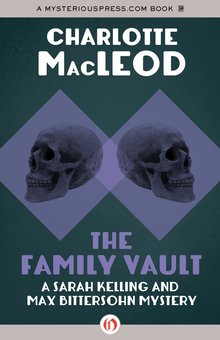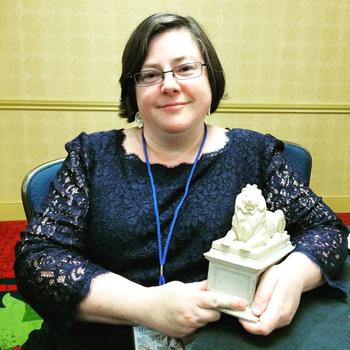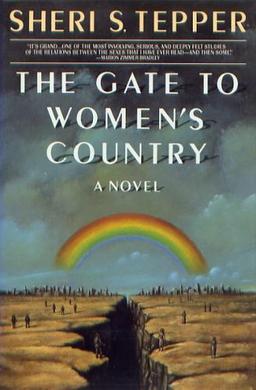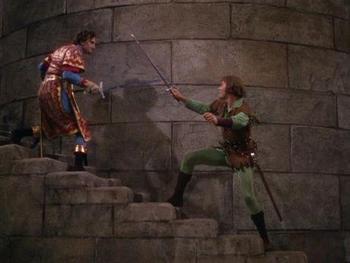Feeling Cozy?
 Most of you already know that I’m a big fan of mystery fiction. I’ve been reading all kinds of it for almost as long as I’ve been reading Fantasy and SF, starting with Agatha Christie’s Mystery on the Blue Train when I was fourteen. For that matter, I was the co-founder of the Wolfe Island Scene of the Crime Festival, and many of my friends are crime writers.
Most of you already know that I’m a big fan of mystery fiction. I’ve been reading all kinds of it for almost as long as I’ve been reading Fantasy and SF, starting with Agatha Christie’s Mystery on the Blue Train when I was fourteen. For that matter, I was the co-founder of the Wolfe Island Scene of the Crime Festival, and many of my friends are crime writers.
I’ve often talked about crossovers, and mixed genre novels, but I don’t think we have anything in our world that’s the equivalent of the cozy mystery. Read on, and let me know what you think.
The easiest way to describe cozies is to say they’re like Agatha Christie mysteries. Though she wasn’t deliberately trying to write cozies – there being no such thing at the time – Christie established many of the standard conventions used by the cozy mystery today. See if any of this sounds familiar to you:
There will be a murder, which often takes place “off stage” and of which no graphic or gory details are given.








